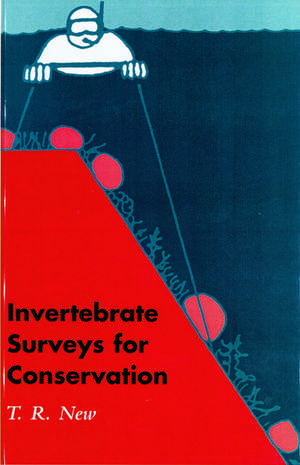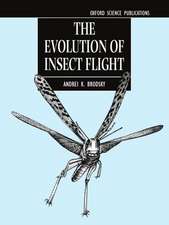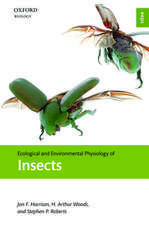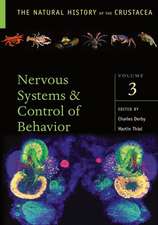Invertebrate Surveys for Conservation
Autor T. R. Newen Limba Engleză Paperback – 19 feb 1998
Preț: 352.68 lei
Preț vechi: 433.22 lei
-19% Nou
Puncte Express: 529
Preț estimativ în valută:
67.50€ • 70.11$ • 56.07£
67.50€ • 70.11$ • 56.07£
Carte tipărită la comandă
Livrare economică 22-28 ianuarie 25
Preluare comenzi: 021 569.72.76
Specificații
ISBN-13: 9780198500117
ISBN-10: 0198500114
Pagini: 252
Ilustrații: line figures, tables
Dimensiuni: 157 x 234 x 14 mm
Greutate: 0.39 kg
Ediția:New.
Editura: OUP OXFORD
Colecția OUP Oxford
Locul publicării:Oxford, United Kingdom
ISBN-10: 0198500114
Pagini: 252
Ilustrații: line figures, tables
Dimensiuni: 157 x 234 x 14 mm
Greutate: 0.39 kg
Ediția:New.
Editura: OUP OXFORD
Colecția OUP Oxford
Locul publicării:Oxford, United Kingdom
Recenzii
Useful for practising ecologists, environmental consultants and university courses.
'...I hope that the more adventurous conservation and funding agency decision makers mat take time to read them too and then go on to influence more conservative colleagues' Entomologists Monthly Magazine
'...I hope that the more adventurous conservation and funding agency decision makers mat take time to read them too and then go on to influence more conservative colleagues' Entomologists Monthly Magazine








